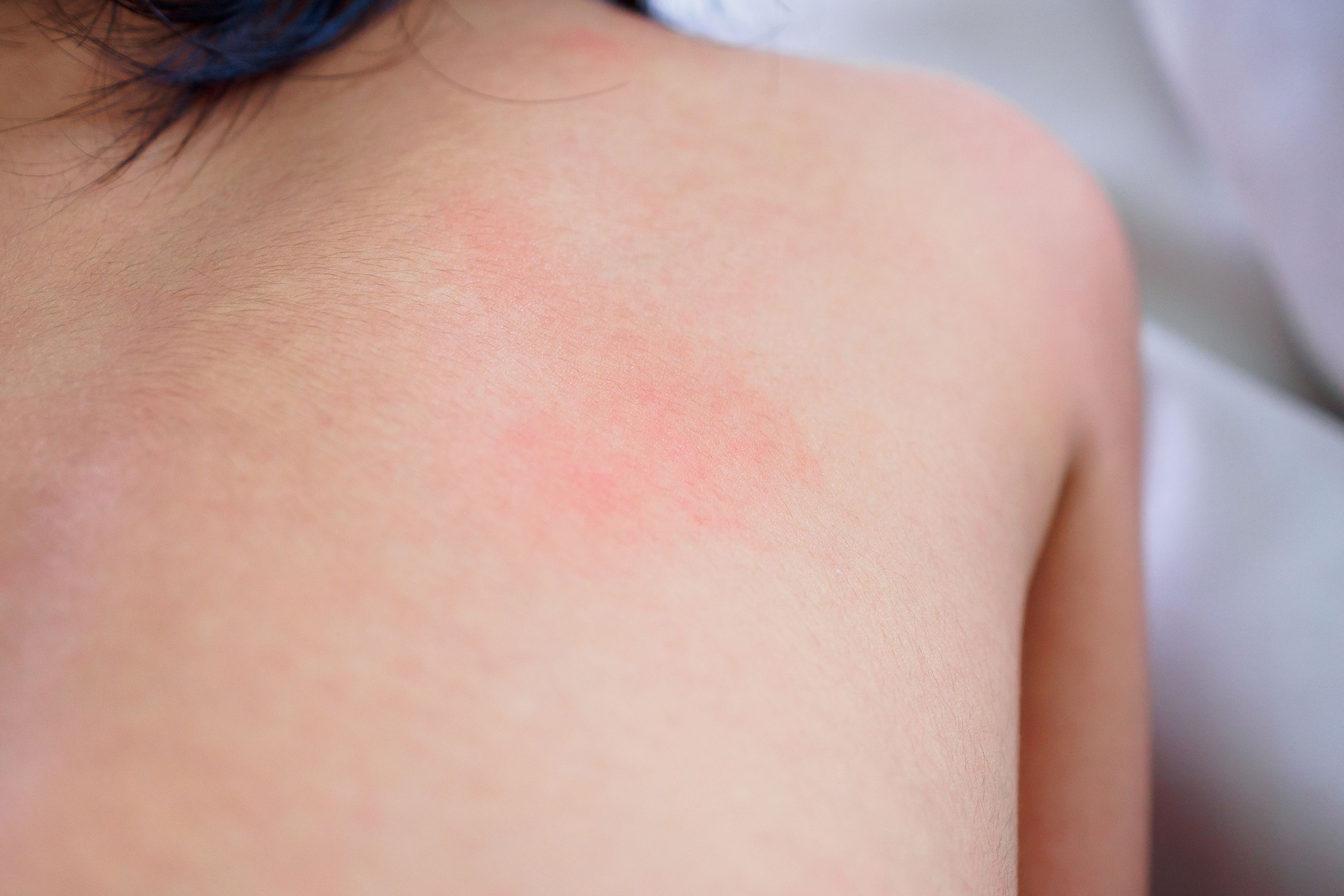Article
Emapalumab Shows Promise for Macrophage Activation Syndrome
Author(s):
ACR Annual Meeting: In a small study, patients with macrophage activation syndrome (MAS) receiving emapalumab (Gamifant, Sobi) achieved complete response, according to data presented at the annual meeting of the American College of Rheumatology in Atlanta on November 12.
(©PimanKhrutmuang, AdobeStock_295336390)

In a small study, patients with macrophage activation syndrome (MAS) receiving emapalumab (Gamifant, Sobi) achieved complete response, according to data presented at the annual meeting of the American College of Rheumatology in Atlanta on November 12.
MAS is a severe complication of rheumatic diseases, most frequently systemic juvenile idiopathic arthritis and adult-onset Still’s disease, and is characterized by fever, hepatosplenomegaly, liver dysfunction, cytopenias, coagulation abnormalities and hyperferritinemia, potentially progressing to multiple organ failure and death. Overproduction of interferon-gamma is a major driver of hyperinflammation/ hypercytokinemia in several MAS murine models.
“We assessed efficacy, safety and timing of response of clinical and laboratory parameters of the neutralizing interferon-gamma monoclonal antibody emapalumab in patients with MAS,” wrote the authors of the study, which was presented by Fabrizio De Benedetti, M.D., Ph.D., of Bambino Gesù Children's Hospital in Rome, Italy.
In this pilot open-label single-arm study, six patients (4 females, median age 11 years) with MAS on a background of systemic juvenile idiopathic arthritis and inadequate response to high-dose glucocorticoids, received emapalumab (first dose: 6 mg/kg; subsequent doses: 3 mg/kg twice weekly) for four weeks or less upon achievement of complete response. Serum concentrations of the interferon-gamma-induced chemokine CXCL9 and of soluble interleukin -2 receptor (sIL2R) were measured.
Safety assessments included adverse events and laboratory abnormalities. Complete response, at week eight, was defined as absence of MAS clinical signs and white blood cell and platelet counts above lower limit of normal, lactate dehydrogenase (LDH), AST/ ALT< 1.5 x upper limit of normal, fibrinogen >100 mg/dL, and ferritin decreased by >80% or to < 2000 ng/mL, whichever was lower.
Following treatment with emapalumab, CXCL9 showed initial substantial decrease between day two and five, showing rapid interferon-gamma neutralization. Fever resolved within three days in five patients. These effects were followed by progressive improvement in all MAS clinical and laboratory parameters.
“Progressive improvement and subsequent normalization of all clinical and laboratory parameters occurred following rapid and sustained CXCL9 decrease. Complete response was achieved in all patients after a median of 23.8 (18-55) days,” the authors wrote.
Glucocorticoids were tapered in all patients, with a median of 92% tapering at week eight. Emapalumab was well tolerated and was not discontinued by any patient. A cytomegalovirus reactivation, reported as a serious event possibly related to emapalumab, resolved with treatment.
Three additional patients have been recruited in the ongoing study.
REFERENCE
“L06 – Interferon-gamma (IFN-γ) Neutralization with Emapalumab and Time to Response in Patients with Macrophage Activation Syndrome (MAS) Complicating Systemic Juvenile Idiopathic Arthritis (s-JIA) who failed High-Dose Glucocorticoids.” Fabrizio De Benedetti, M.D., Ph.D., 9 a.m., Tuesday, Nov. 12. 2019 ACR/ARP Annual Meeting, Atlanta




